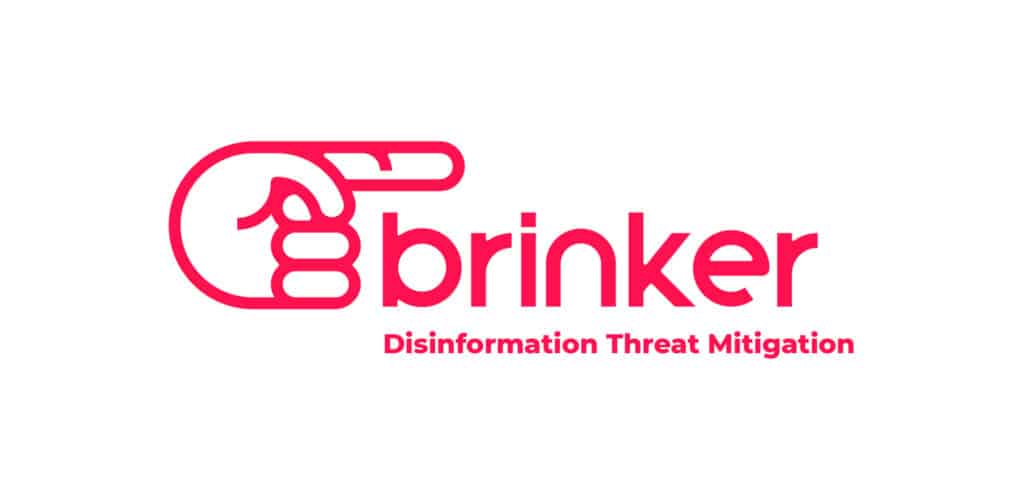If there’s one story you should read this week, its Michael Riley’s extensive report over at Businessweek on the 2010 compromise of systems belonging to the Nasdaq stock exchange, “How Russian Hackers Stole the Nasdaq.” The incident was extensively reported at the time, but not in great depth. Obviously, the parties involved weren’t talking. And Nasdaq’s public statements about the compromise woefully downplayed its severity, as Riley’s report makes clear. Among the interesting revelations: the Nasdaq may have fallen victim to a third-party compromise – similar to the hack of Target earlier this year. In the case of Nasdaq, investigators from the FBI, NSA and (eventually) CIA found discovered that the website run by the building management company responsible for Nasdaq’s headquarters at One Liberty Plaza had been “laced with a Russian-made exploit kit known as Blackhole, infecting tenants who visited the page to pay bills or do other maintenance.” What’s clear is […]
Tag: hacking
Google Unveils Project Zero Hacking Team
Google has unveiled an all-star team of hackers and security researchers it is calling “Project Zero.” According to a post on Google’s security blog, the company is hoping to use its security research muscle to investigate the security of “any software depended upon by large numbers of people, paying careful attention to the techniques, targets and motivations of attackers.” Research like Google employee Neel Mehta’s, which helped expose the “Heartbleed” vulnerability in OpenSSL is a good example of the kinds of stuff Project Zero will do. Researchers will devote their time to finding and reporting software vulnerabilities and researching new exploits, mitigations and “program analysis.” The company said it plans to disclose any vulnerabilities it finds to the vendor first, then to the public in an external database. The public can monitor “time to patch” (given that the vulnerability is disclosed ahead of a patch). Project Zero brings Google’s elite hackers under […]
$10,000 Is On Offer For Anyone Who Can Hack A Tesla Car – Forbes
Thomas Brewster over at Forbes has an interesting story this week on a $10,000 bounty that’s being offered for anyone who can hack Tesla’s Model S sedan. The contest is open to all registered attendees of SyScan Conference in Beijing, which takes place later in July. (Conference web site is here.) According to Brewster, the contest is not endorsed by Tesla, nor is the company cooperating in any way. The conference features a number of hacking demonstrations, including at least one on hacking cars: this presentation on strategies for securing Controller Area Network (CAN) based systems – CAN is the most commonly used networking protocol in automobiles. Tesla – which makes the most wired cars on the road – have flirted with both hackers and mod-ers in the past. Notably: this article mentions one car owner’s hack of Tesla’s (really nice) on board touch screen interface. That prompted a warning from […]
Hacker Takes on the World’s Spy Agencies | WIRED
Andy Greenberg over at Wired has a fine profile of former Google hacker and human rights champion Morgan Marquis-Boire (aka “Morgan Mayhem”), who is now working for the start-up publication First Look Media Marquis-Boire is an expert in malware analysis, with particular expertise in analyzing the software that oppressive regimes use to spy on journalists, human rights activists and political dissidents. At First Look, he will be devoting his talents to defending what Greenberg calls “an endangered species: American national security journalists.” First Look is a nascent, independent online media startup founded by eBay billionaire Pierre Omidyar. The site is best known as the (new) home of Glenn Greenwald and Laura Poitras, and the launch pad for whatever secrets are still hidden in the trove of information Edward Snowden leaked to Greenwald. According to Greenberg, Marquis-Boire was hired away from Google and given the task of safeguarding those documents as well as the […]
That LIFX Smart Lightbulb Hack Wasn’t Easy
If you’ve been following your Internet of Things security news, you probably read about the latest hack of a consumer-oriented ‘smart home’ device: Context Information Security’s analysis of security holes in LIFX-brand smart light bulbs. The top line on this is scary enough. As The Register reported: researchers at Context discovered that, by gaining access to a “master bulb” in LIFX deployments, they could control all connected lightbulbs and expose user network configurations. That’s scary – and recalls research on hacking Philips HUE light bulbs that was published last year. But read down in the Context research and you’ll realize that, while the LIFX technology wasn’t perfect, the job of hacking the technology wasn’t child’s play, either. LIFX connected its smart bulbs using a 6LoWPAN-based mesh network. The company made the mistake of transmitting most bulb-bulb communications in the clear, which made analyzing traffic sent between master- and slave bulbs easy. Context researchers found […]






